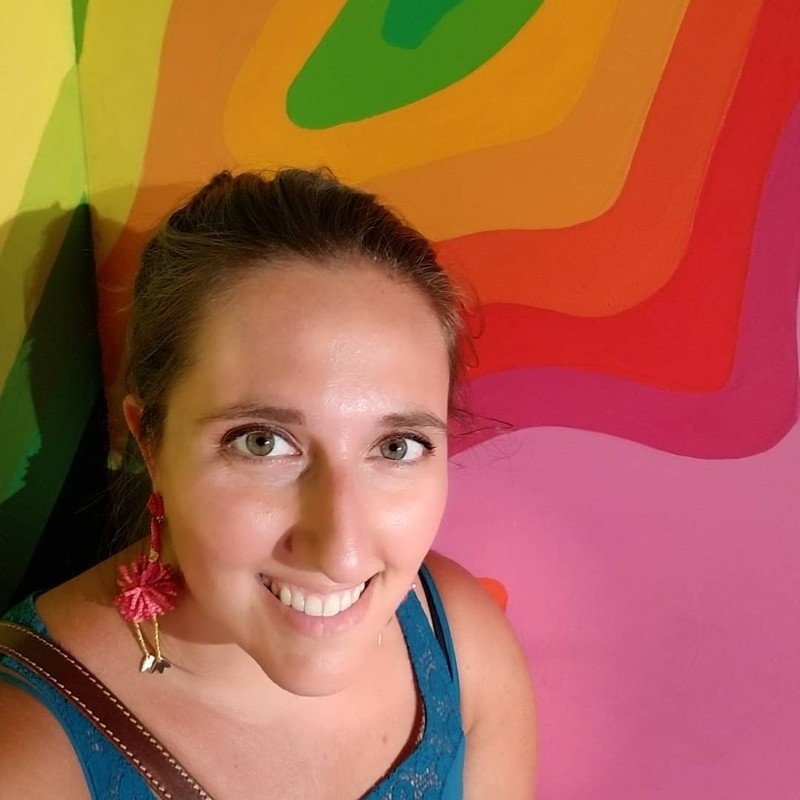
Biography:
Johanna Pacyga received her PhD in Historical Archaeology from the Department of Anthropology in 2022. She is a historical archaeologist whose research interests combine archaeological, archival, art historical, and botanical research. She examines the intersections between gender, race, religion, and ethnicity in the Atlantic world between the 18th to 20th centuires.
Project Title: Cultivating Catholicism: Gender, Practice, and the ‘Civilizing Mission’ in Colonial Senegal
This project is an historical archaeology that examines the role of women within the missionary apparatus in nineteenth century French West Africa, as well as the social and political relationships between Catholic missionization and French colonialism as they were experienced in everyday life. In the mid-nineteenth century, Catholic missionization in West Africa underwent a radical paradigm shift. Rather than focusing solely on the conversion of Africans by European (largely male) missionaries, a new focus on the cultivation of African religious vocations was introduced by Mother Anne-Marie Javouhey—a maverick of the modern missionary movement in the French empire. While most studies of nineteenth-century missionization focus on the process of conversion, this dissertation brings to the fore the cultivation and practice of religious vocations in Senegambia by focusing on the development of the first indigenous African female order of nuns and their establishment in Ngasobil (Senegal). In doing so, Pacyga illuminates the pivotal role that African women played in colonial missionization, the establishment of a self-reproducing Senegalese-Catholic community, and even the so-called colonial ‘civilizing mission.’
 THE UNIVERSITY OF CHICAGO
THE UNIVERSITY OF CHICAGO

